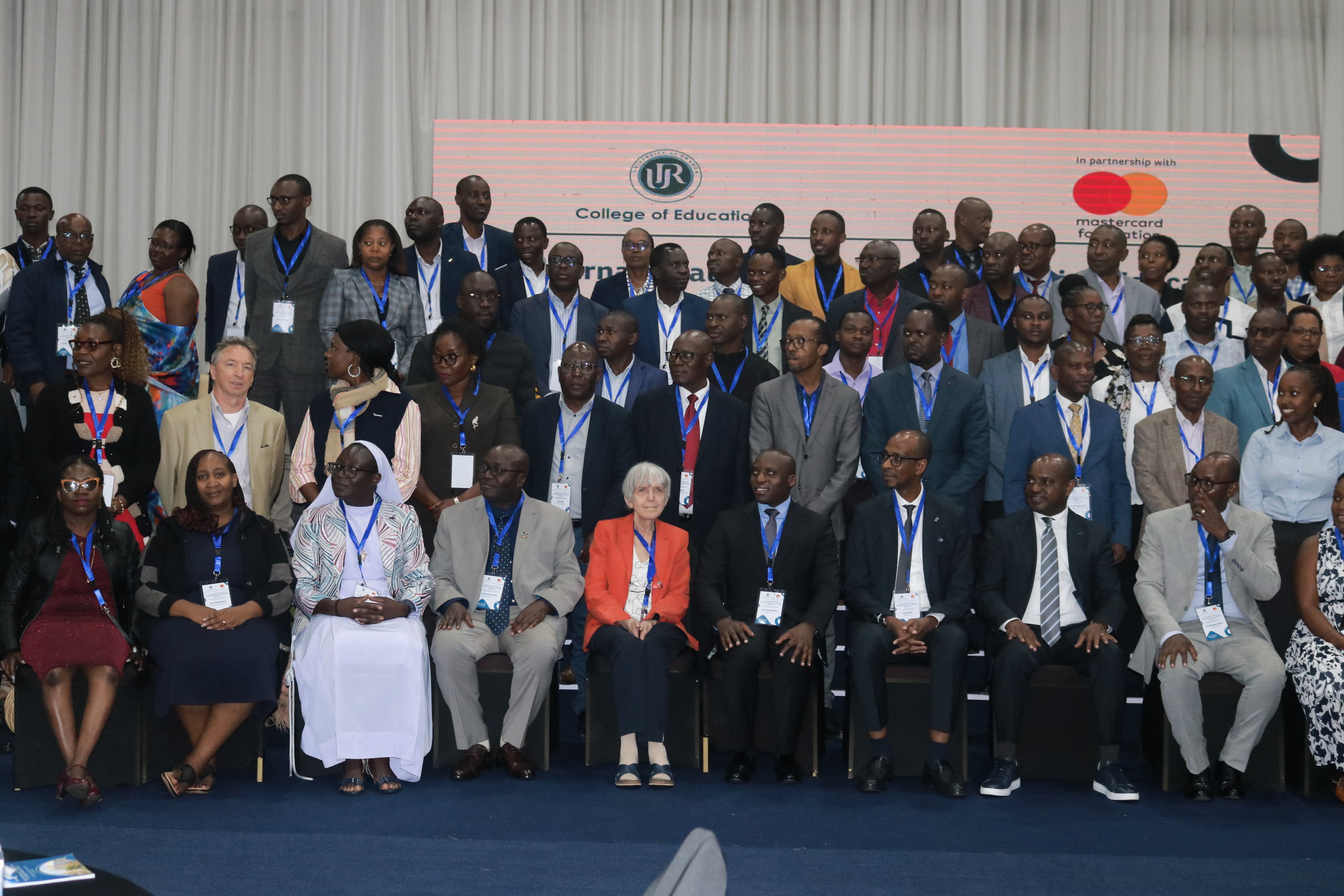
ACEITLMS
3rd International Conference on Re-Shaping Education for Sustainable Development
Read More Sign In Guest House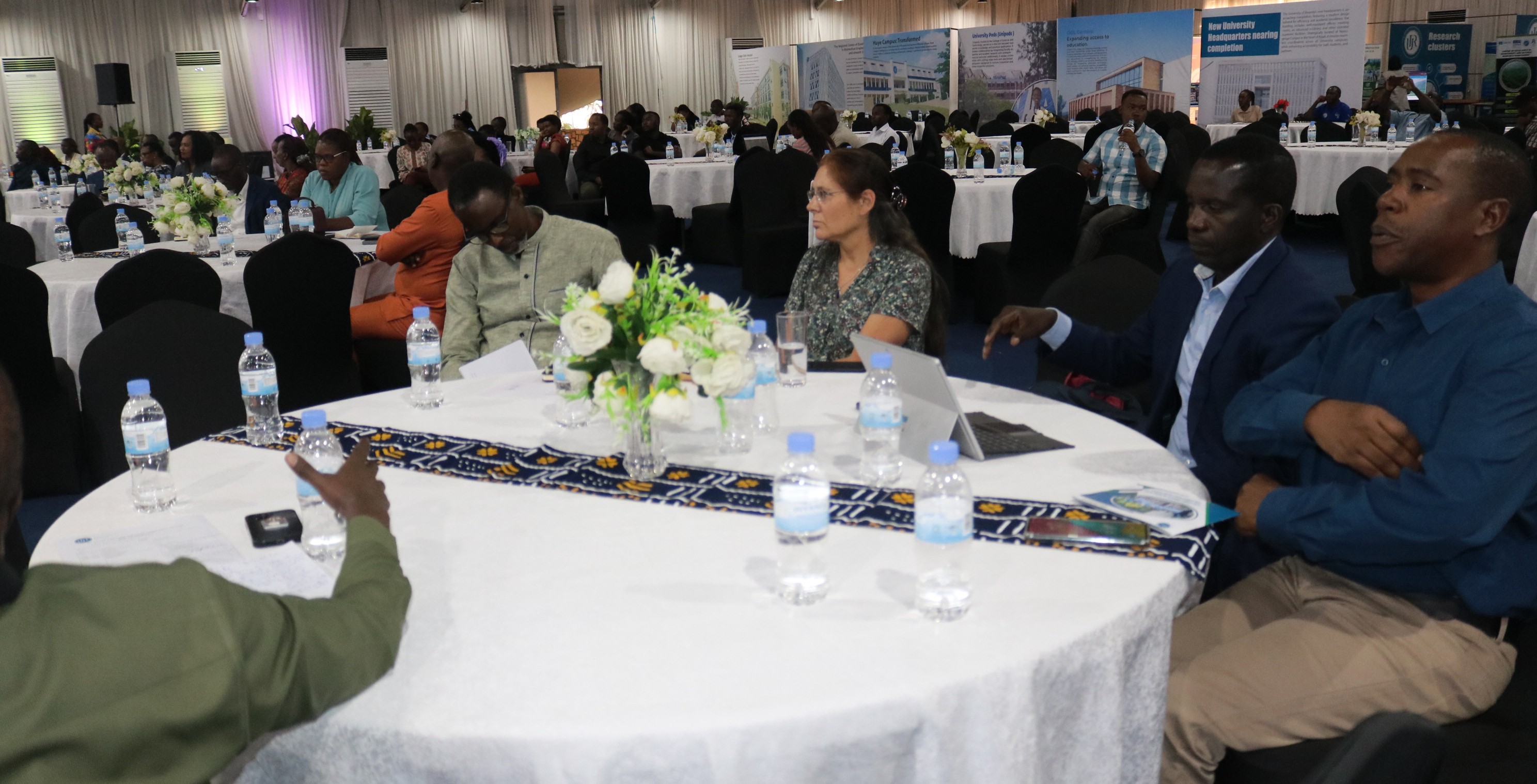
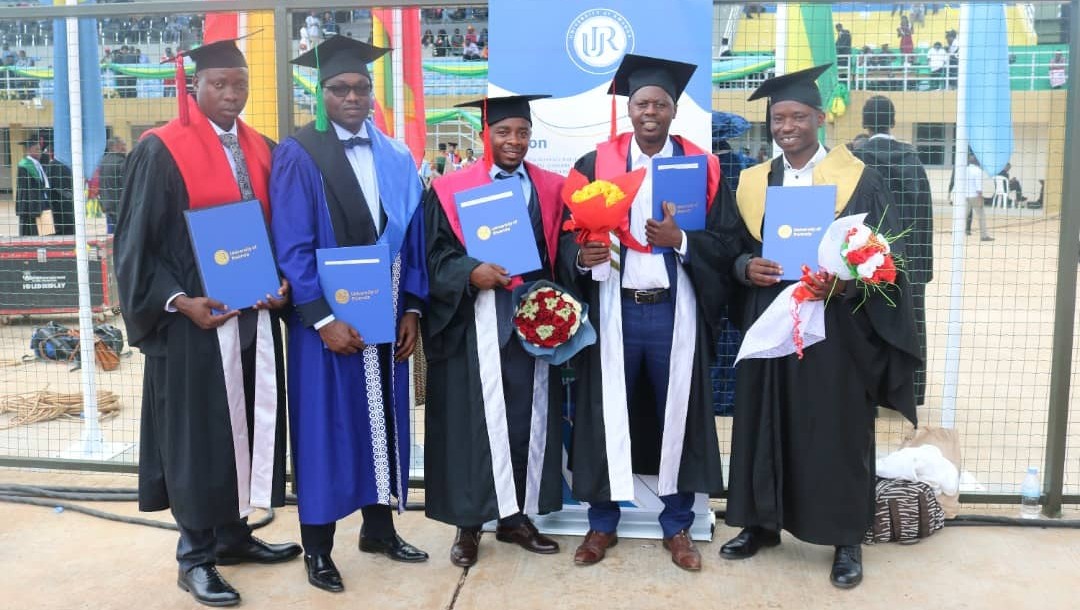
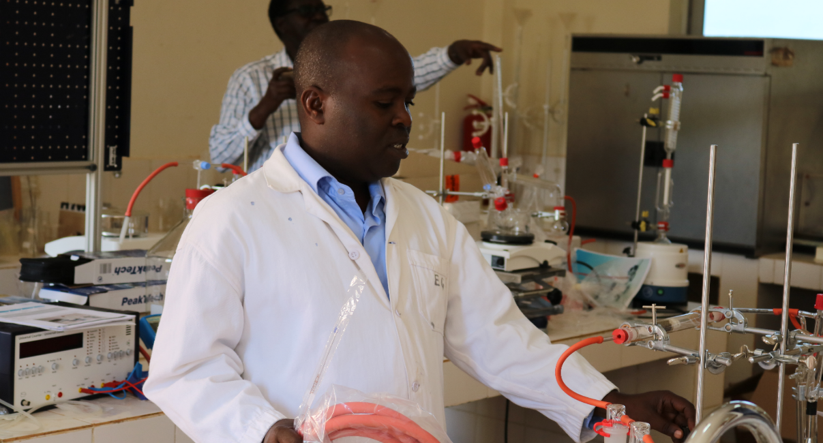
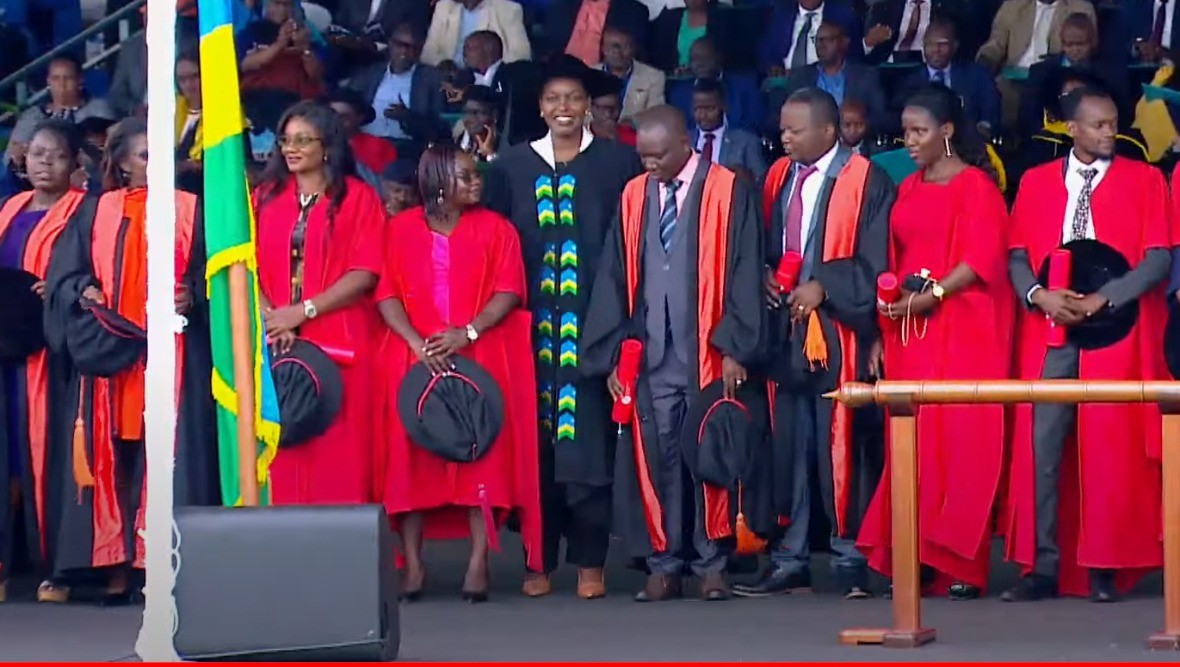
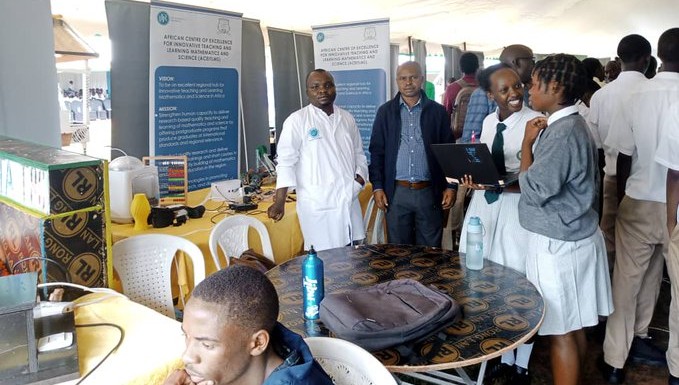
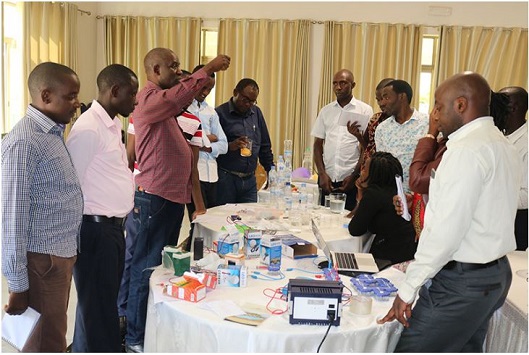
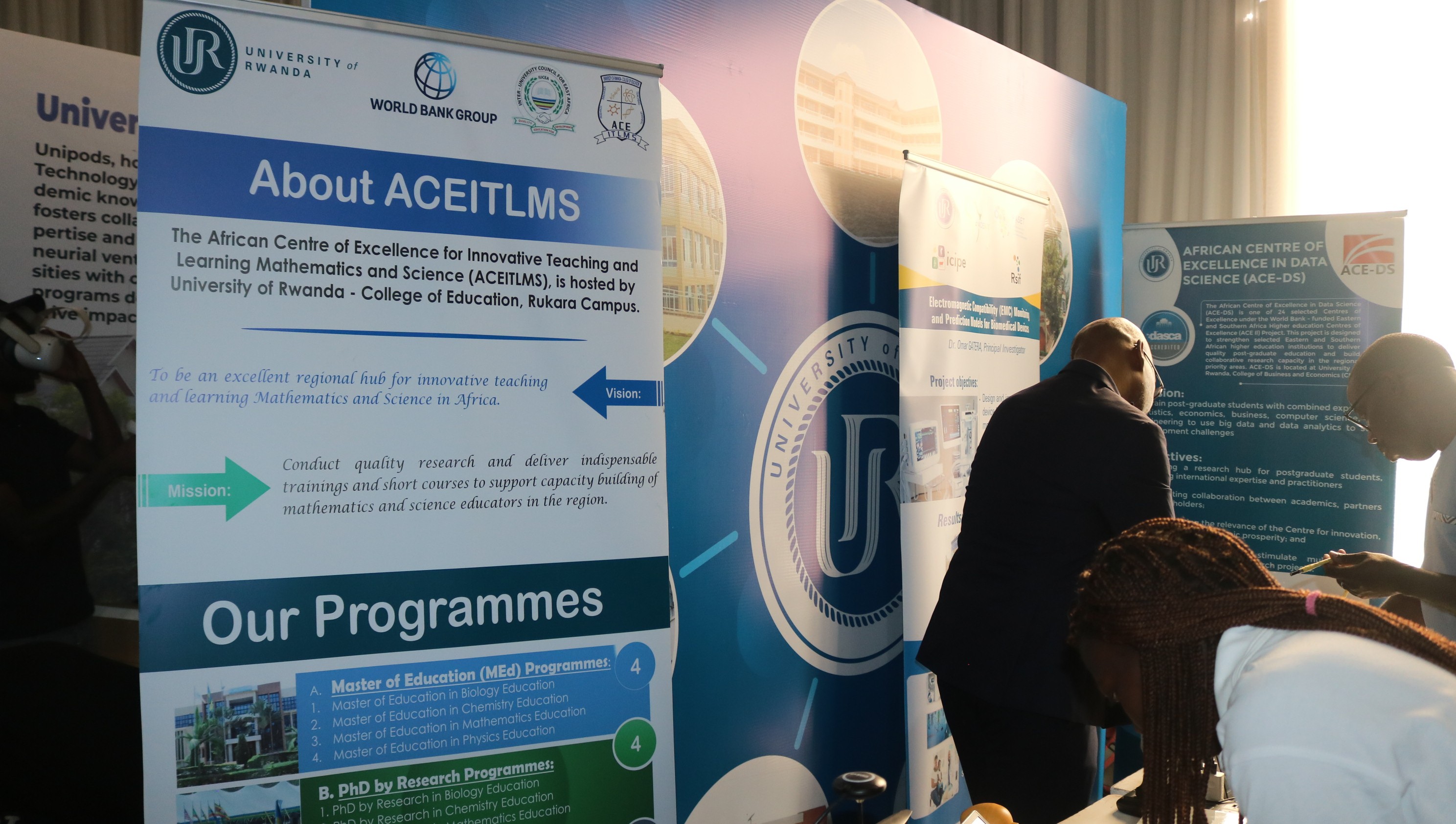








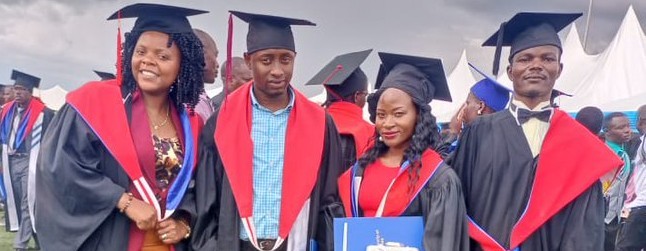
Over the past 6 years, ACEITLMS has become an African Hub for professional STEM educators and researchers:
@ 307 Students
@ 4 Master's Program
@ 9 African countries
@ 155 Graduated
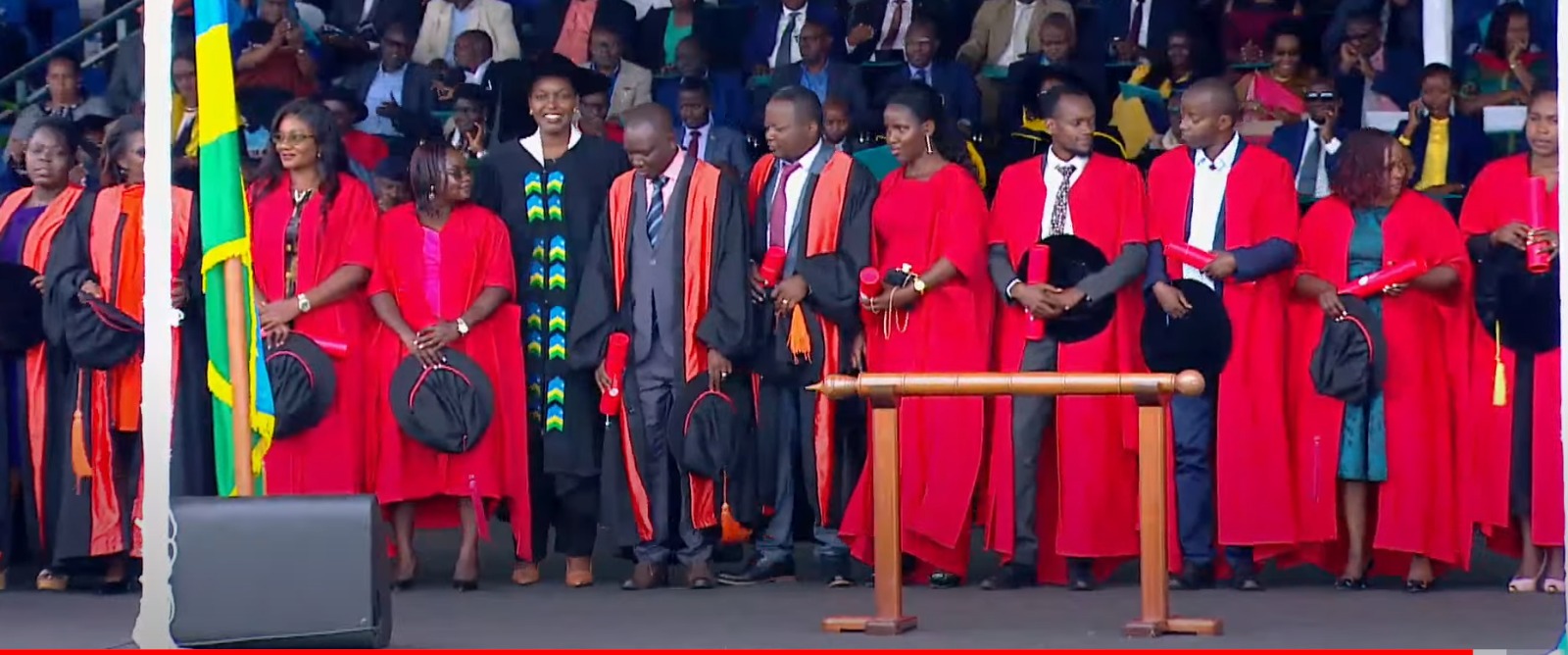
Over the past 6 years, ACEITLMS has become an African Hub for professional STEM educators and researchers:
# 64 Students for PhD by Research
# 4 Programmes
# 10 African countries
# 30 Graduated
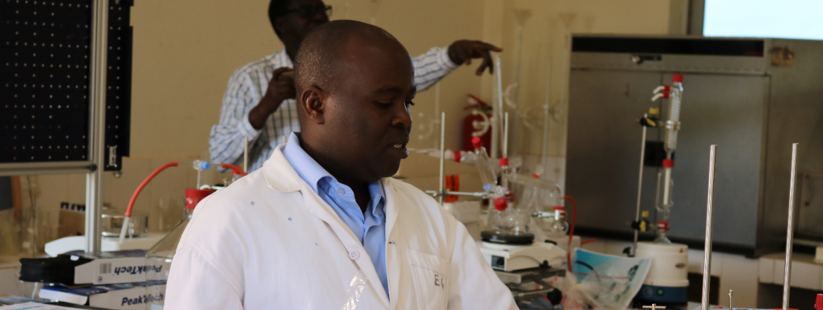
Over the past 6 years, ACEITLMS has become an African Hub for professional STEM educators and researchers. More than 3500 teachers in secondary schools were trained on innovative STEM teaching methods. ACEITLMS has built a Resource Centre to support students and faculty staff
1. Call for applications for postgraduate academic programmes Academic Year 2025 at University of Rwanda(UR)
 Read | Views : 16,292,626
Read | Views : 16,292,626
2. Re:Registration of ongoing and newly admitted(April intake 2025)postgraduate students
 Read | Views : 21,313,464
Read | Views : 21,313,464
List of announcements that you may refer within various domains related to the academic activities at ACEITLMS
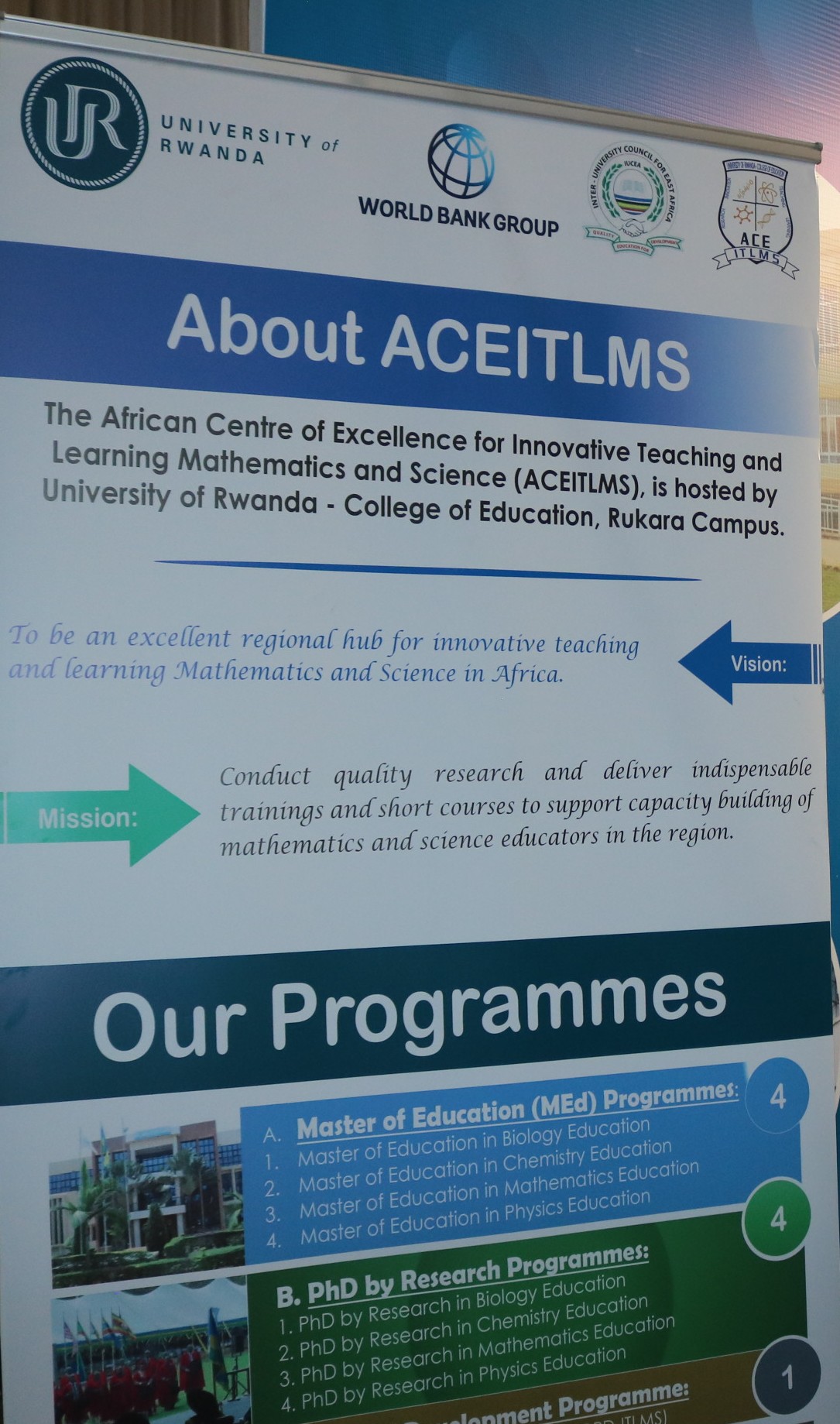
A very warm welcome to the African Centre of Excellence for Innovative Teaching and Learning Mathematics and Science (ACEITLMS)! I am delighted to welcome you to our community of scholars, educators, and innovators dedicated to advancing STEM education in Africa. At ACEITLMS, we are passionate about developing innovative teaching methodologies, fostering research in mathematics and science education, and preparing the next generation of STEM leaders. We believe that strong foundations in these disciplines are essential for Africa's progress, and we are committed to providing you with the resources and support you need to excel. I encourage you to fully engage in this exciting journey of learning and discovery. Together, we can transform STEM education and empower future generations to solve the challenges facing our continent. Prof. Jean UWAMAHORO, Director, ACEITLMS
Announcements Grants